Taking its cue from the Nicene Creed’s affirmation of the extraordinary union of God and humankind in Jesus of Nazareth, DITA2025 seeks to foster surprising and generative encounters between those who might not normally meet.
The Council of Nicea (325) focused its attention on a supremely surprising event: it claimed that in a human being, the living God, creator of “all things visible and invisible,” has appeared among us. Jesus of Nazareth is “of the same being” as God the Father. DITA2025 aims to explore the potential impact of this astonishing claim (and the Creed it generated) for the arts, the church, and the academy. It will do this above all by provoking surprising encounters between those who rarely meet, by pairing theologians with poets, clergy with novelists, dancers with liturgists, musicians with scholars. Get your spot today for this incredible opportunity.
Registration has been extended, but don’t wait! Limited spots available!
Schedule
Although subject to change, the rubric below presents an indication of the type and range of activities included in each day and an overview of the conference structure. A detailed schedule will be released prior to the event. All events occur at Duke Divinity School, unless otherwise specified.
Friday, September 5
8:00 AM: morning chapel service
9:00 AM: Of One Being with the Father - Williams
10:00 AM: break + mingle
10:45 AM: seminar encounters - Creating in Christ
12:00–1:30 PM: lunch, not provided
1:30 pm: workshops
3:00 PM: break + mingle
3:30 PM: workshops
7:30 PM: Fully Alive evening keynote - Carolina Theatre
Thursday, September 4
5:00 PM: check-in at Bryan Center student union
7:30 PM: opening keynote - A Surprising Welcome, Reynolds Theatre, Duke University’s Bryan Center
Saturday, September 6
8:00 AM: morning chapel service
9:00 AM: In Accordance with the Scriptures - Peeler
10:00 AM: break + mingle
10:45 AM: seminar encounters - For the Life of the World to Come
12:00–1:30 PM: lunch, not provided
1:30 pm: panels and networks of trust pods
3:00 PM: break + mingle
3:30 PM: panels and networks of trust pods
7:30 PM: Life Unbound concert - Carolina Theatre
Sunday, September 7
11 AM: morning worship in Duke University Chapel
Programming
-
Keynotes
From addresses to improvisation to robust discussion and live music, each keynote is interactive, dynamic, and distinctive. The opening keynote is for conference attendees only. Fully Alive and Life Unbounded are available for single-event purchase.
-
Plenaries
What are the implications of the Creed for academics, clergy, and artists today? These conference-wide lectures will begin each day, following chapel, with in-depth theological explorations of key topics from the Nicene Creed and their impact on theology and art.
-
Seminar Encounters
A core component of conference programming, these non-standard seminars feature a panel of three speakers, paired together in surprising ways, to explore how the Nicene Creed impacts creating, thinking, and living in contemporary society.
-
Worship
Daily chapel services will open each full day of programming, including prayer, worship, and the Word. The conference will conclude with a full worship service in Duke University Chapel on Sunday morning, with Rowan Williams preaching on a portion of the Creed.
-
Workshops
Applied workshops offer a chance to integrate the themes and material presented in the plenaries and seminars. Workshop faculty includes a range of practicing artists—such as documentary producers, creative writers, dancers, musicians, and non-profit leaders.
-
Orchestra Concert
Presented by the New Caritas Orchestra and conducted by Dr. Jeremy Begbie, Life Unbounded is a full-length orchestral concert at the Carolina Theatre. Tickets are included in registration fees but can also be purchased individually for non-conference attendees.
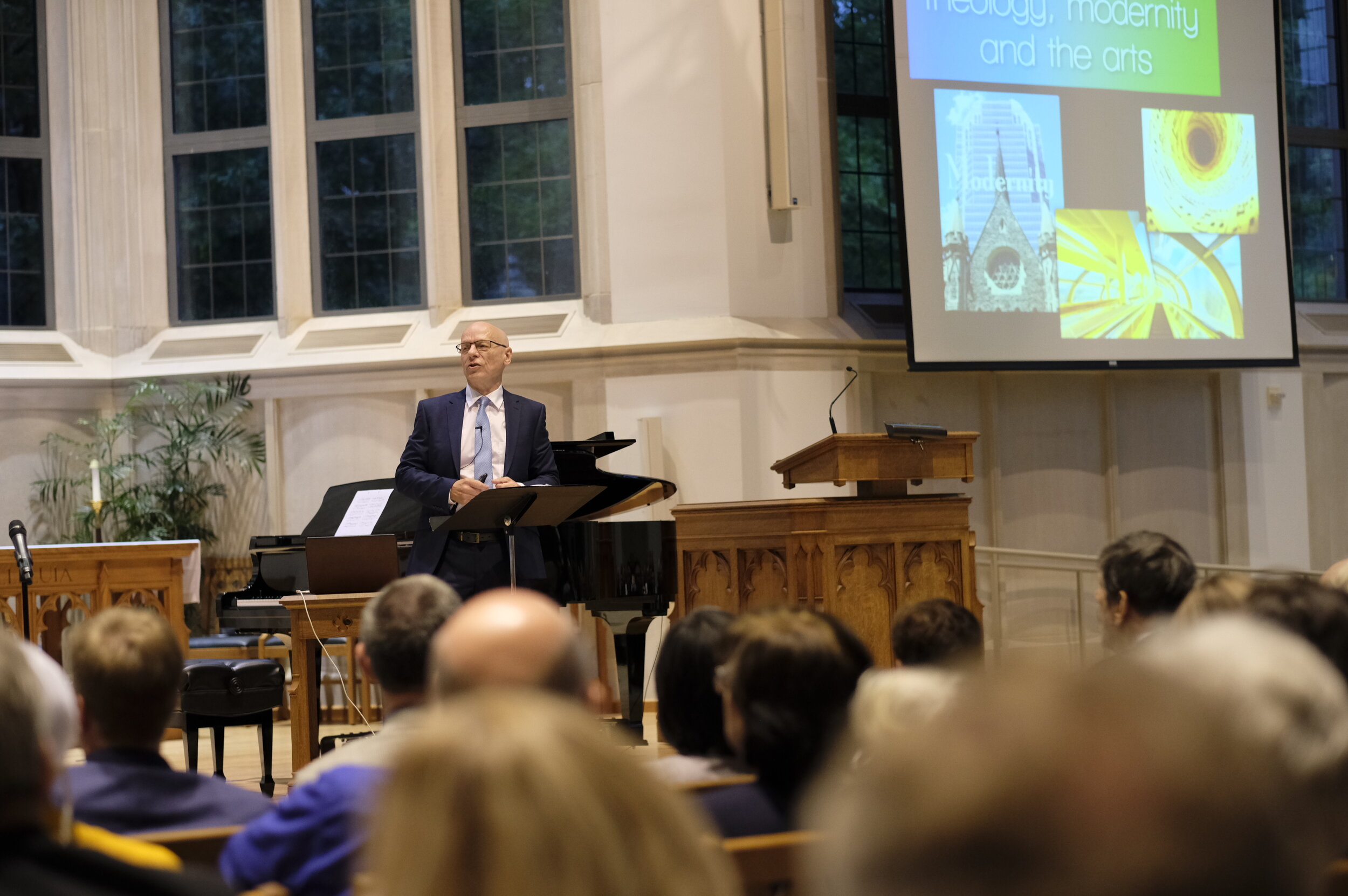
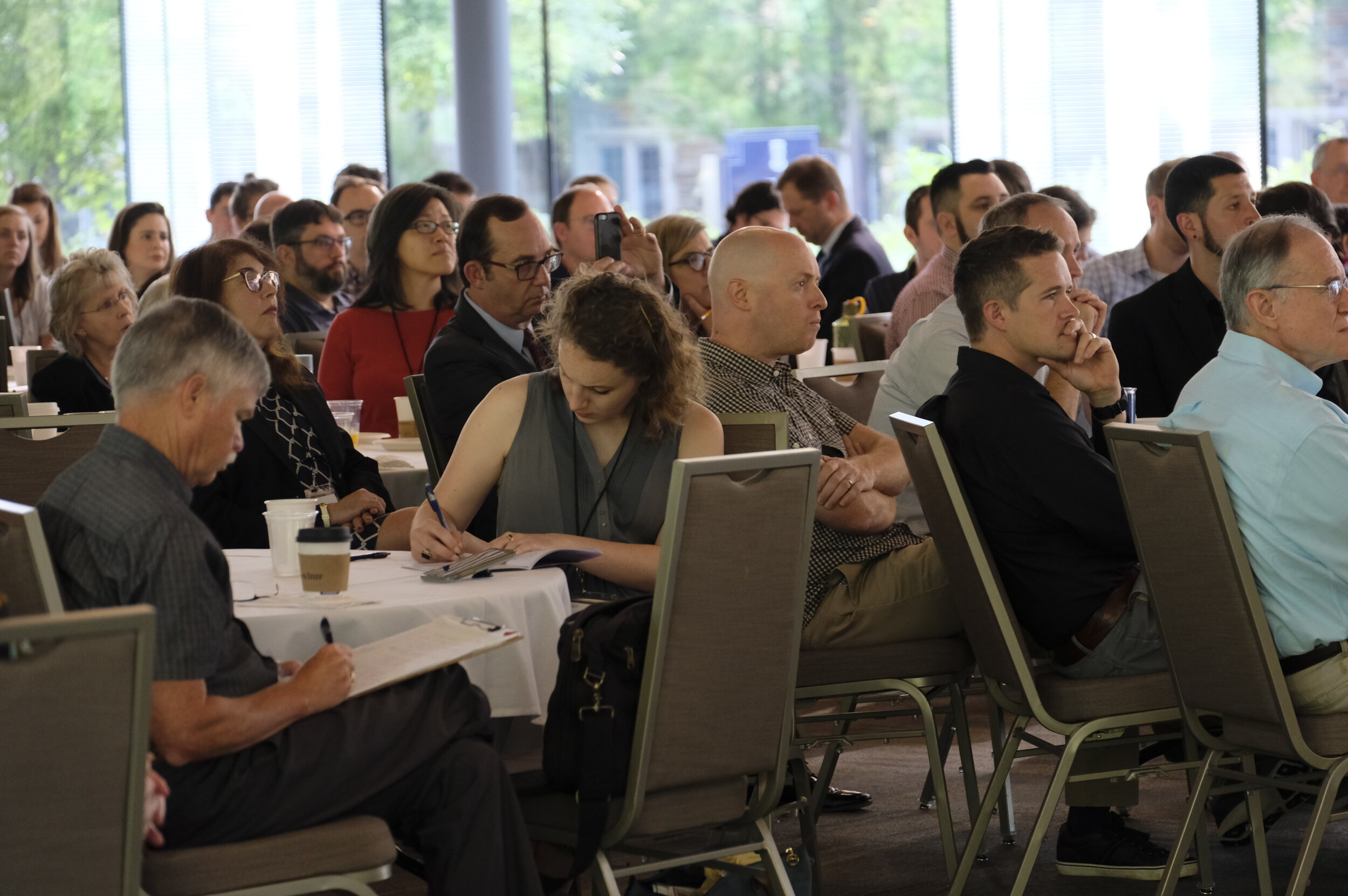
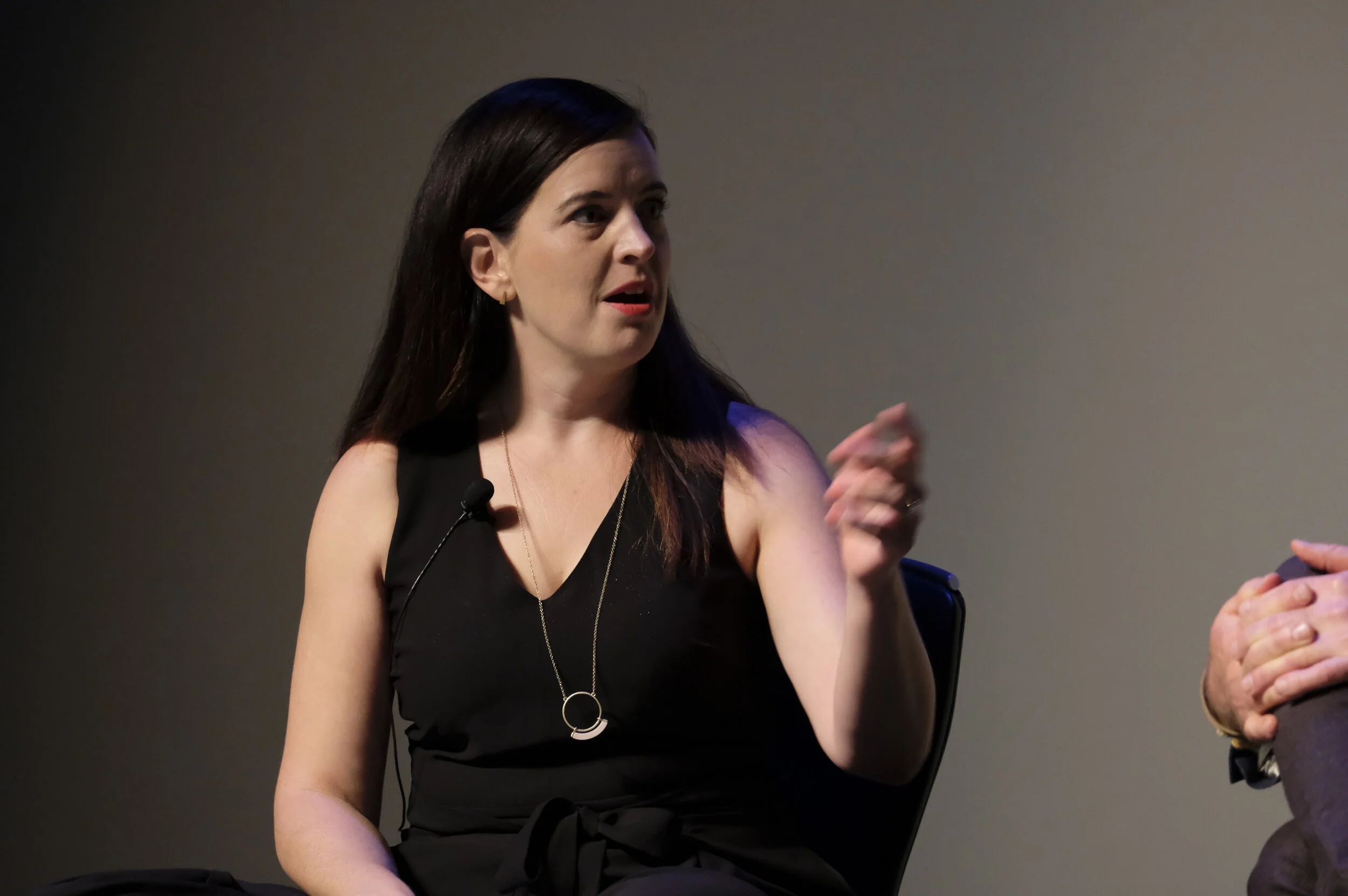
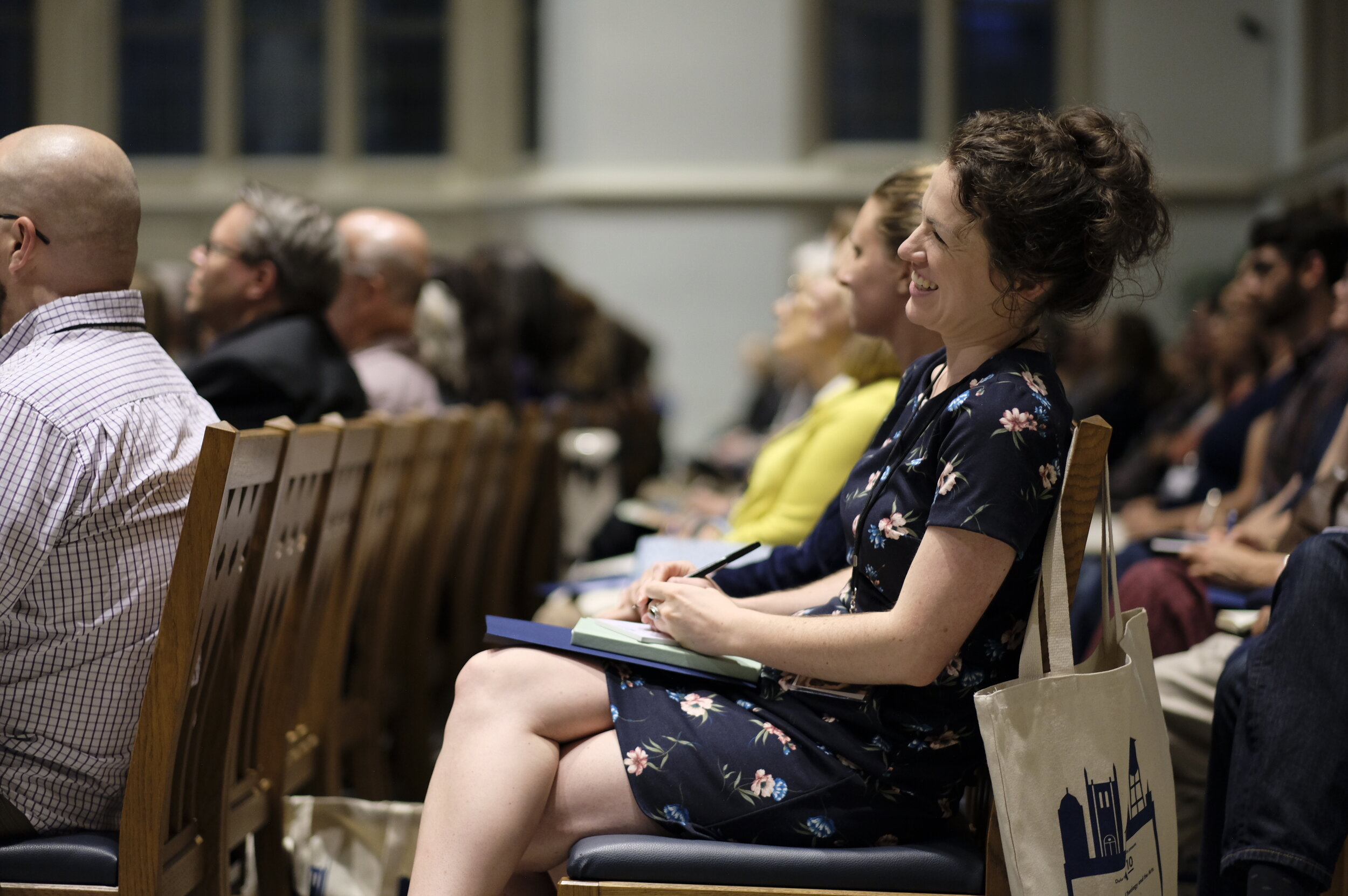

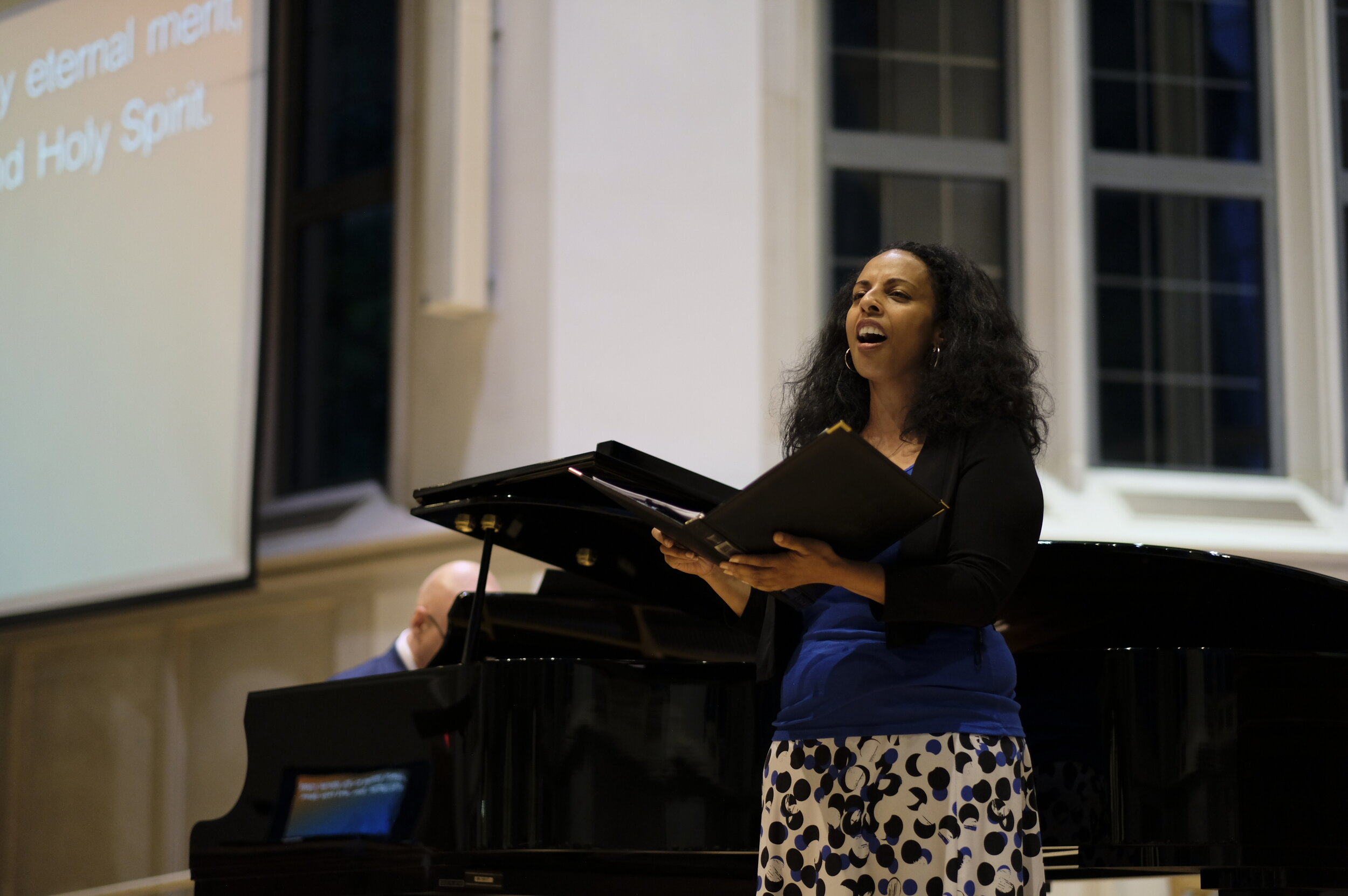
Duke Initiatives in Theology and the Arts (DITA) promotes a vibrant interplay between Christian theology and the arts by encouraging transformative leadership and enriching theological discussion in the church, academy, and society.
The initiative was established in 2009 at Duke Divinity School by its current director, Dr. Jeremy Begbie, a leading voice in the conversation between faith and the arts. Since then, DITA has established graduate-level courses in theology and the arts, a bi-annual distinguished lecture series, an artist-in-residence program, concerts and exhibitions, and a major trans-Atlantic collaboration with the University of Cambridge. In addition, the initiative supports the work of doctoral students and oversees a co-curricular Certificate in Theology and the Arts for master’s students at Duke Divinity School.
Through these programs, DITA promotes and encourages rigorous scholarly work and effective, imaginative teaching that fosters the biblical vision of a new creation in Jesus Christ. DITA shows how the arts can be powerful media of theological truth.


